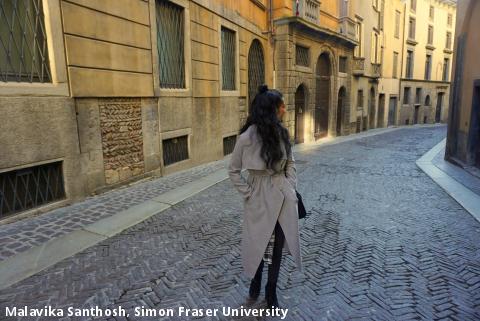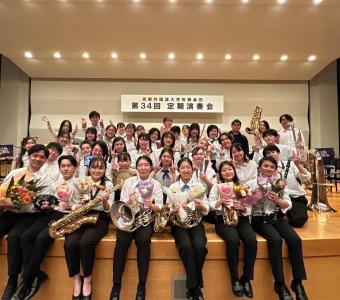
By: Malavika Santhosh, Simon Fraser University. Winner of the 2016 Stories from Abroad: British Columbia Study Abroad Scholarship.
Worried about fitting in or seeming like a tourist during your upcoming study abroad semester? Here are my top 3 tips to help you immerse yourself into the local culture.
1. Getting Around
I found that the best way to learn your way around a new city is to ride like the locals do, such as by renting a bicycle in places like Amsterdam, taking the tram in cities like Milan or even just by foot in those that are smaller and more walkable. Don’t be afraid of getting lost or taking the wrong turn as its part of the adventure. Trust me; you’ll discover so much more than if you took a taxi or were looking down at the Maps app on your phone every step of the way to your destination.
2. Daily Diet
With each country offering their own variety of gastronomical specialties, your time abroad should be about trying new eats that you know will never be quite as good back home. In addition, instead of always eating out at restaurants, why not shop at the neighbourhood farmer’s market and attempt to cook the traditional cuisine yourself? For instance, you could attend a cooking class, like I did during my time abroad in Italy, and learn to prepare some of your favorite dishes. (You’ll probably be glad you did on those post-exchange nights where you deeply miss your diet from abroad!)
3. Social Circle
It’s easy to make friends with other students in your study abroad program and oftentimes people stay confined to the same circle of friends during their entire exchange semester. However, stepping out of your comfort zone and building relationships with locals will help you see the city in a different light. These friends can give you recommendations about things people typically like to do in the city, such as local events, shopping, or places to avoid. Not only is it useful to have these connections to help answer any questions, but they also provide a great opportunity to practice speaking the native language.







0 Comments
Leave a Comment